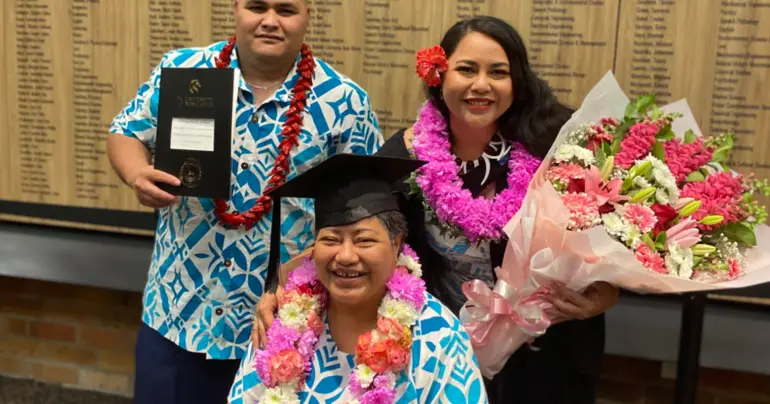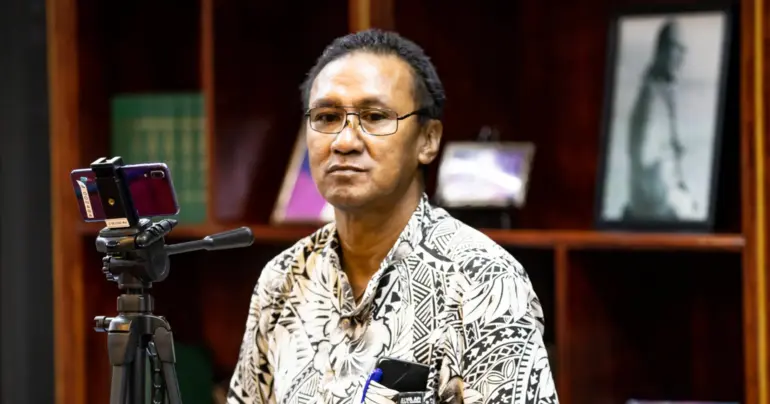Long-term education reform needed: A.D.B.
 By Sapeer Mayron
•
28 January 2021, 10:20AM
By Sapeer Mayron
•
28 January 2021, 10:20AM
Pacific Governments need to profoundly improve education and training systems in the wake of COVID-19, the Asian Development Bank has said.
In a new policy paper, the bank says developing countries in the region need to work out which reforms are most needed and begin the work of improving the quality, relevance and inclusivity of education.
From kindergarten to high school, education systems have been disrupted by the pandemic, and countries must respond accordingly, A.D.B. said.
The paper comes as the United Nations reports more than 900 million students have been affected by the pandemic, with more than two thirds of the academic school year lost globally.
In Oceania, schools have been closed a month on average, the U.N. Educational, Scientific and Cultural Organisation (U.N.E.S.C.O.) reports.
“Developing countries were already grappling with a learning crisis given that students were not learning enough,” said A.D.B. Education Sector Group Chief Brajesh Panth.
“The pandemic has exacerbated inequities and widened learning gaps. To turn the crisis into an opportunity, we must find new ways of supporting managers, teachers, and parents.
“We must improve planning, coordination, and partnerships—ensuring quality and resilient education systems and learning for all.”
A.D.B. believes helping more people access cheaper, more reliable internet connections in their homes and schools will be essential.
“[A recent] U.N.I.C.E.F. report estimates that at least 463 million students, or about 31 per cent of students from pre-primary to upper secondary school levels, face serious disruptions to education, mainly due to a lack of remote learning policies or lack of equipment needed for learning at home,” the bank reports.
“Governments and societies must put in place measures to respond to the COVID-19 crisis not as a stopgap and transitional measure (while there may be transitional elements to the policy responses), but to formulate a response strategy that has a medium- and long term outlook to improve the quality and resilience of education systems, and that seeks to significantly improve the quality of learning for all.”
Part of improving data connectivity will mean promoting public-private partnerships with telecommunications companies or tech start-ups to improve technological solutions for those without, A.D.B. said.
The bank recommends growing a “vibrant start-up culture in the education sector” to quickly scale up education technology for a large population.
This will require a solid regulatory environment, and for education administration systems to be online, the report adds.
“In a post-pandemic world, governments need to consider diverse partnerships to extend connectivity and access to devices to all students, and to make online education more accessible.”
Tags
 By Sapeer Mayron
•
28 January 2021, 10:20AM
By Sapeer Mayron
•
28 January 2021, 10:20AM











